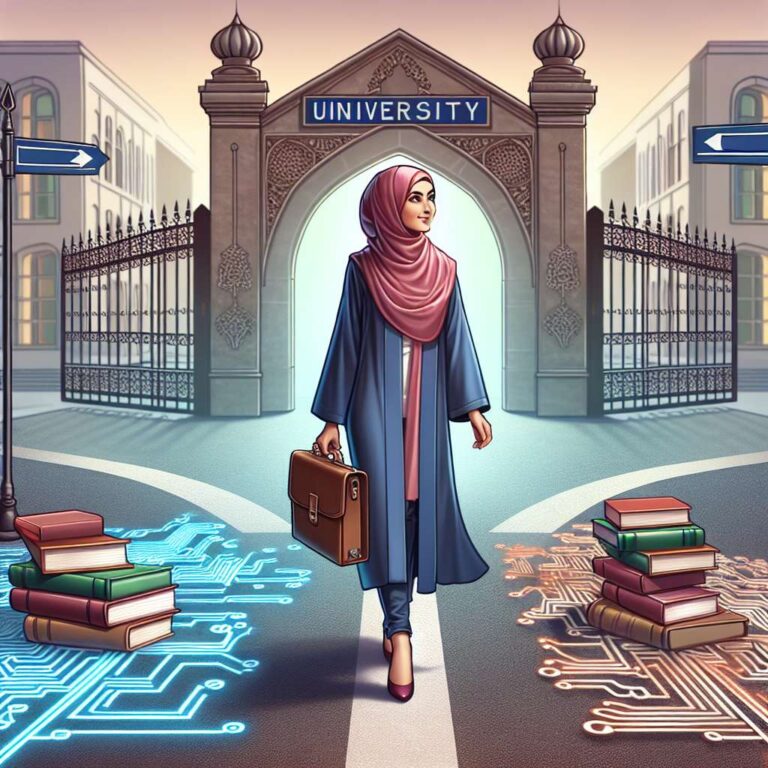Just two years ago, Chinese students like Lorraine He faced warnings to avoid Artificial Intelligence in their coursework, often resorting to buying unauthorized versions of ChatGPT through gray-market channels. That environment rapidly shifted as university leaders began promoting open and responsible use of generative Artificial Intelligence tools on campus, reflecting a broader cultural embrace of technology in education. Today, usage of Artificial Intelligence among students and faculty in China has become nearly universal, with just 1% reportedly never engaging with such tools, according to a recent Mycos Institute survey. Nearly 60% say they use these platforms multiple times a day or week, a stark contrast to earlier skepticism.
This adoption marks a significant contrast with Western attitudes, where campuses often treat Artificial Intelligence as a threat to academic integrity. In China, the narrative instead emphasizes literacy and mastery as critical to academic and professional advancement. Universities such as Tsinghua, Renmin, Nanjing, Fudan, and Zhejiang have all rolled out general-access Artificial Intelligence courses and degree programs, regardless of students’ majors. Zhejiang University will soon make an introductory Artificial Intelligence course mandatory for all undergraduates, reinforcing the belief that expertise in interacting with machines is as crucial as traditional academic skills. At the same time, faculty like Liu Bingyu guide students on effective, ethical use—encouraging critical engagement while warning that machines can’t substitute for human judgment.
The country’s policy direction further underscores this shift. Beijing now mandates Artificial Intelligence education throughout its school system, while national guidelines call for broad ‘Artificial Intelligence+ education’ reforms focused on critical thinking and digital fluency. Lacking access to Western tools like ChatGPT and Claude, leading Chinese universities deploy homegrown models such as DeepSeek on their own servers, providing students with powerful, campus-specific platforms. The move is complemented by broader trends: universities encourage open discussions on prompts, outputs, and ethical considerations, seeking to transform student anxiety into confidence and competitive skills. With 80% of fresh graduate job openings listing Artificial Intelligence skills as a plus, students view mastery not just as a learning aid but as a lifeline in a turbulent job market. This ongoing transformation is requiring academic institutions to reconsider what constitutes original work and how best to prepare students for a future defined by machine collaboration.

